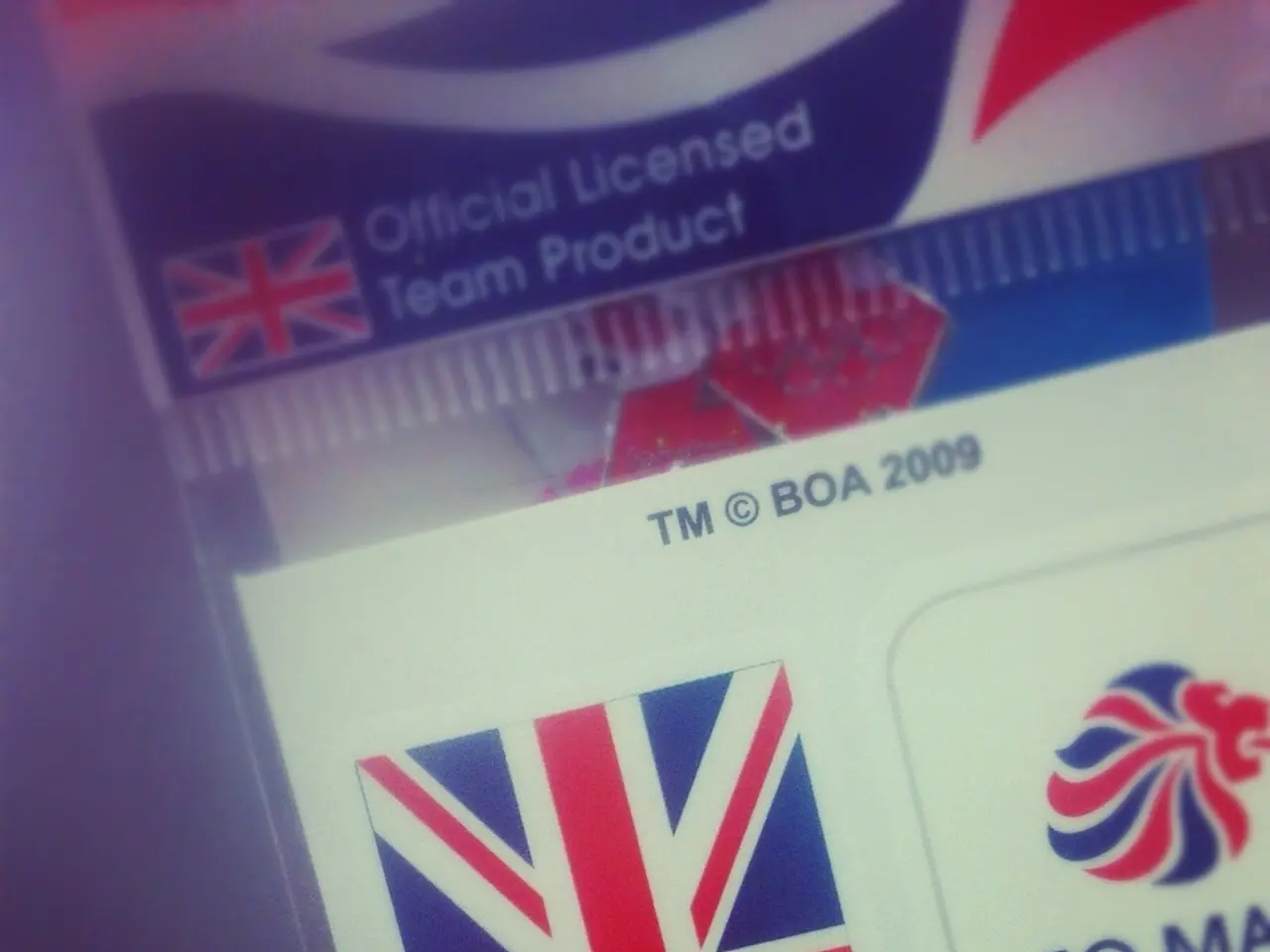Business Woes in Sticky Note Chaos: The Imperative Value of PCI Compliance as a Protective Ally to Your Organization
In the ever-evolving world of digital payments, maintaining a secure environment for sensitive data is paramount. Helcim, a leading payment processor, is dedicated to ensuring this security, as highlighted by their adherence to the Payment Card Industry Data Security Standard (PCI DSS).
PCI compliance is a shared responsibility between merchants and their payment partners. It's a set of security standards created by the Payment Card Industry (Visa, Mastercard, American Express, etc.) and the PCI Security Standards Council. These standards aim to protect organizations that accept, process, store, or transmit credit card information, helping to prevent data breaches and fraud.
As a Level One Service Provider, Helcim undergoes annual audits to ensure their systems are secure. They are responsible for encrypting data, certifying hardware, following secure coding guidelines, and prioritizing security in product and service development.
For merchants, the responsibility is to implement security best practices in daily operations. This includes documenting security policies and procedures, ensuring staff are aware of applicable security practices, and at the end of the day, locking up point-of-sale (POS) devices and payment terminals.
Practice smart password hygiene by avoiding password sharing and using strong, unique passwords. Many modern payment processors, including Helcim, include the Self-Assessment Questionnaire (SAQ) in their app or merchant portal for easy completion. Helcim provides SAQ tools free of charge to all merchants.
Adhering to PCI standards not only helps protect businesses, customers, and reputations from the consequences of data breaches but also provides customers with a sense of trust, assuring them that their information is being protected. A data breach, even on a small scale, can lead to devastating fines, loss of payment processing privileges, and loss of customer trust.
Stephanie Davis, the Head of Compliance at Helcim, underscores the importance of PCI compliance. "At Helcim, we consider PCI compliance a core part of our obligation to maintain a safe payment ecosystem," she said. "It's not just about meeting the standards, it's about providing peace of mind to our merchants and their customers."
In conclusion, PCI compliance is a crucial aspect of any business that deals with credit card transactions. By following the guidelines and best practices, businesses can ensure the security of their customers' sensitive data, protect themselves from potential fines and loss of trust, and contribute to a safer, more secure digital payment landscape.
Read also:
- Development of Restaurant Apps: Expenses and Essential Elements
- European transportation's sustainability and competitiveness rely on a "green industrial agreement" that serves the interests of both corporations and residents, as discussed in an Editorial from August 2024.
- Meta's Hyperspace enables the scanning of the physical world and its transformation into the Metaverse, while offering innovative AI tools for users to create anything they desire.
- AI-Generated Humor Spreads on Gemini Nano Banana: Light-hearted Modifications Spark Concerns over User Privacy








